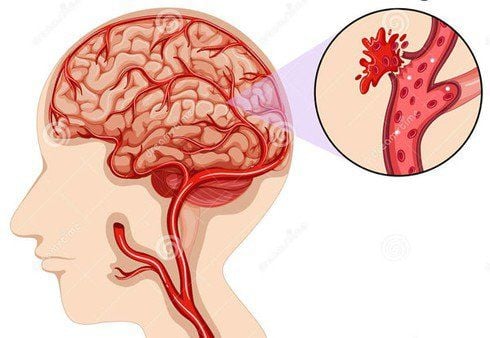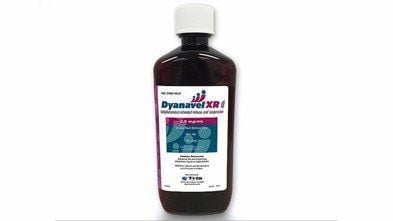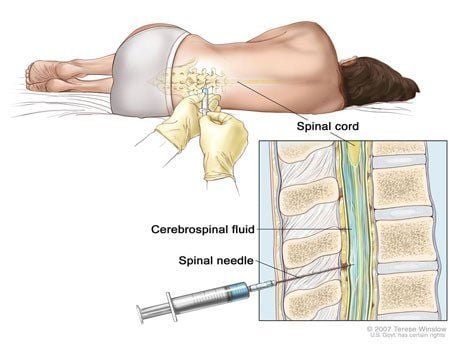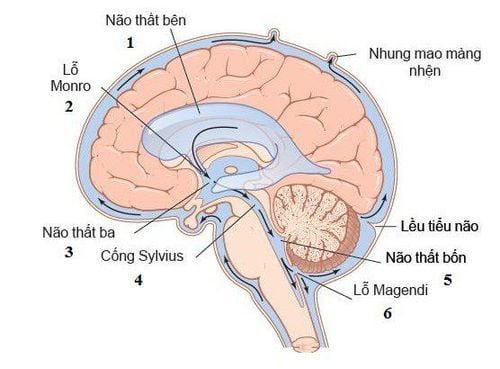This is an automatically translated article.
Acute myelitis is a disease that occurs mainly in children. This rare but dangerous disease, if not treated promptly, can cause respiratory failure and dangerous neurological complications.
1. Is acute childhood myelitis (AFM) dangerous?
Here are some CDC statistics to help assess the danger of acute myelitis in children (AFM):
Children with acute myelitis make up the majority. Approximately 90% of confirmed cases in 2018 were under 18 years of age, and the average age of AFM patients was 4 years. Acute myelitis (AFM) is a serious disease. It affects the nervous system, specifically the area of the spinal cord known as the gray matter, causing the muscles and body reflexes to become weak. In addition to sudden arm or leg weakness, symptoms may include drooping of the face, difficulty moving eyes, drooping eyelids, difficulty swallowing, or slurred speech. Acute myelitis (AFM) is similar to polio, but all stool samples of AFM patients tested negative for polio virus. The AFM cases since 2014 are not caused by the polio virus. Viral causes are being studied. The virus suspected to cause AFM is enterovirus D68 (EV-D68) because the 2014 spike in AFM cases occurred during the EV-D68 outbreak. The CDC says the disease is not polio. There is no specific treatment or vaccine for acute myelitis (AFM). Physical therapy can improve the condition. The long-term prognosis for patients with acute myelitis has not been established. The disease is very rare, less than one in a million people.
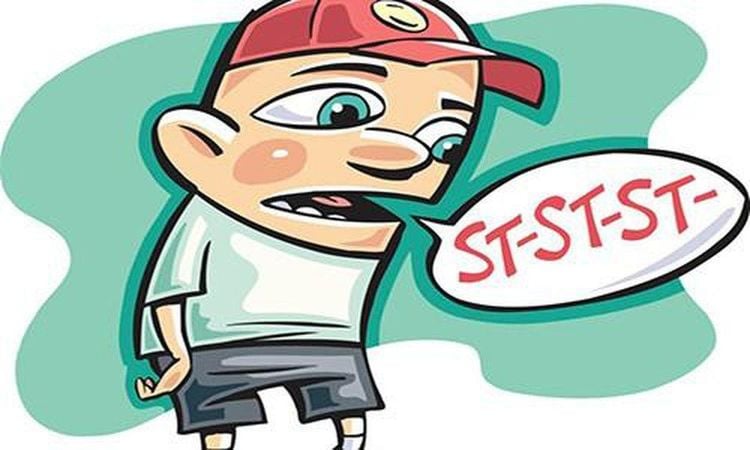
Trẻ có thể bị nói lắp khi bị viêm tủy cấp tính
2. Symptoms of acute myelitis in young children
Symptoms of acute myelitis come on suddenly:
Sudden weakness in the arms or legs Loss of muscle tone and reflexes Other symptoms are accompanied by:
Difficulty moving eyes or drooping eyelids Face drooping or weak Difficulty swallowing or stuttering Arm or leg pain Neck or back pain Rare but possible symptoms:
Numbness or tingling Inability to urinate The most serious symptoms of AFM are:
Respiratory failure : Respiratory failure occurs when the breathing muscles weaken and a ventilator may be needed. Serious neurological complications: Changes in body temperature and unstable blood pressure can be life-threatening. Take your child to medical facilities immediately for timely emergency treatment if any of the above symptoms are detected.
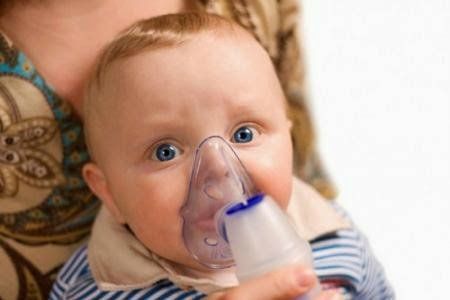
Trẻ có thể bị suy hô hấp khi mawvs viêm tủy cấp
3. Causes of acute myelitis in children
Studies are directed towards finding the cause of enterovirus-associated acute myelitis. Most children with acute myelitis have previous enterovirus infections such as respiratory illness or fever. Meanwhile, enterovirus is completely capable of causing neurological diseases such as meningitis, encephalitis, acute limb weakness, but very rarely. Studies are directed towards determining the cause of the disease based on the pathways of entry into the motor neurons of the virus such as:
Direct: Motor neurons are directly infected with the virus Contiguous: The virus causes Inflammatory or immune response before reaching motor neurons Transmitted by the host Acute myelitis usually occurs from August to November. This is also the time when enterovirus diseases are endemic. CDC has tested a variety of specimens from AFM patients for a range of pathogens that can cause AFM such as coxsackievirus A16, EV-A71, and EV-D68 in the spinal fluid of a small number of patients with AFM.
Studies have shown that AFM patients have more enterovirus-specific antibodies in their spinal fluid than those without AFM. Having antibodies to enterovirus means having a previous viral infection.
All stool samples of AFM patients received were negative for polio virus. Usually, AFM tests do not detect pathogens in spinal fluid. This may be because the body has eliminated the pathogen, or it is hiding in the tissues. Another possibility is that the pathogen triggers an immune response that damages the spinal cord.
4. Prevention of acute myelitis in young children
Because the cause of acute myelitis in young children is unknown, specific actions to prevent AFM are not currently available. However, most children infected with AFM have had previous viral infections such as respiratory illness or fever. Therefore, prevention of AFM by preventing viral infections is essential.
Limit your child's risk of catching the virus by:
Wash your hands often with soap and water Avoid touching your child's face with unwashed hands Avoid close contact with people with infectious diseases Get all vaccines recommended Minimize exposure to mosquito-borne viruses with insect repellents Clean and disinfect frequently touched surfaces, including toys and doorknobs Cover coughs and sneezes with a tissue or upper part shirt sleeve, no hands Keep sick child at home Seek medical attention right away if anyone in the household has sudden muscle weakness or paralysis.

Duy trì thói quen rửa tay cho trẻ
5. Diagnosis of acute myelitis in young children
MRI tests, cerebrospinal fluid, respiratory tract fluid, blood, stool are performed as soon as symptoms appear.
Acute myelitis in infancy (AFM) is diagnosed by medical history assessment combined with laboratory testing. Specifically as follows:
Check the nervous system: Check the child's nervous system and weak positions, poor muscle tone and decreased reflexes. MRI scan: An MRI (magnetic resonance imaging) scan is used to view and evaluate a child's brain and spinal cord. Laboratory tests: Perform tests of cerebrospinal fluid (the fluid around the brain and spinal cord). Nerve conduction test: Checks nerve conduction (impulses sent along nerve fibers) and the child's body response to the test. AFM can be difficult to diagnose because many of the same symptoms as other neurological conditions, such as transverse myelitis and Guillain-Barre syndrome, require multi-specialty consultation.

Xét nghiệm dịch não tủy cho phép chẩn đoán viêm tủy cấp ở trẻ nhỏ
6. Treatment of acute myelitis in young children
Physical therapy and rehabilitation therapies can be helpful in recovering from AFM consequences such as limb weakness, ... especially effective in the early stages of the disease.
Children in the period from 6 months to 3 years old are very susceptible to respiratory problems, respiratory infections, skin diseases and gastrointestinal infections... parents need special attention attention to the care and provision of adequate nutrition for children. The pediatric department at Vinmec International General Hospital is the address for receiving and examining diseases that infants and young children are susceptible to: viral fever, bacterial fever, otitis media, pneumonia in children. With a system of facilities, modern medical equipment, sterile space, minimizing the impact as well as the risk of disease spread, Vinmec will bring satisfaction to customers. and is highly appreciated by industry experts with:
Gathering a team of leading pediatricians: Including leading experts with high professional qualifications (professors, associate professors, doctors, Master's degree), experienced, worked at major hospitals such as Bach Mai, 108.. The doctors are all well-trained, professional, conscientious, knowledgeable about young psychology. Besides domestic pediatricians, the Department of Pediatrics also has the participation of foreign experts (Japan, Singapore, Australia, USA) who are always pioneers in applying the latest and most effective treatment regimens. . Comprehensive services: In the field of Pediatrics, Vinmec provides a series of continuous medical examination and treatment services from Newborn to Pediatric and Vaccine,... according to international standards to help parents take care of their baby's health from birth to childhood. Advanced techniques: Vinmec has successfully deployed many specialized techniques to make the treatment of difficult diseases in Pediatrics more effective: neurosurgery - skull surgery, stem cell transplantation blood in cancer treatment. Professional care: In addition to understanding children's psychology, Vinmec also pays special attention to the children's play space, helping them to play comfortably and get used to the hospital's environment, cooperate in treatment, improve the efficiency of medical treatment.
Please dial HOTLINE for more information or register for an appointment HERE. Download MyVinmec app to make appointments faster and to manage your bookings easily.
References: cdc.gov, babycenter.com




